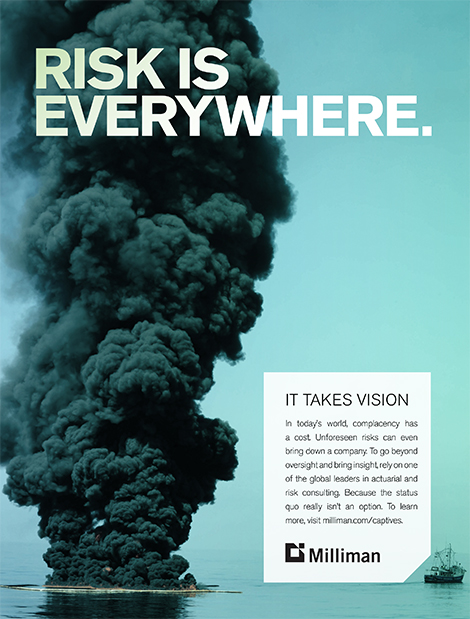Riser Adkisson
CIT talks to Jay Adkisson of law firm Riser Adkisson about tax shelters, captive investment, and why New York could be a strong player in the sector
How would you sum up your experiences in the field so far?
I started working in the captive sector in 1998 when I became a partner in a new business that was formed to consult on captive formations and manage captives. This business substantially grew until I left in 2003—during which time we have created our own insurance management firm in the British Virgin Islands. After that, I went back to the practice of law, including forming captives and litigation of captive issues. In 2006, I published a book on captive insurance. Lately, I have been the chair of the American Bar Association’s committee on captive insurance.
What is your main concern with the industry at the moment?
Captives that are improperly used for what they are not—tax shelters—as opposed to what they are, which is risk financing vehicles. The primary purpose of a captive must be insurance, but in too many cases the insurance is simply an afterthought to achieve the tax benefits. Eventually, the US IRS will clean this up, and hopefully without throwing the baby out with the bathwater as the IRS is wont to do.
What do you think are some appropriate, and inappropriate investments for captive insurance companies?
Captives should typically invest like other commercial insurance companies, which invest in a wide range of things, from treasuries to commercial real estate. Captives should not invest in personal assets or other assets that belie the insurance nature of the company, nor should captives invest back into companies that have just taken a deduction by paying the captive a premium for insurance.
What was it like to own a licensed captive insurance management firm in the British Virgin Islands?
The management of captive insurance companies is hard work and a full-time occupation that forecloses many other opportunities, which is why it was a poor fit for me who is easily bored and so always dabbling in new things.
Because of the rise of US domiciles, there is rarely a need for US companies to form offshore captives, and so I would be reticent about advising somebody to set up shop offshore. When we first started out in 1998, the British Virgin Islands was a very flexible jurisdiction, but then we learned the hard truth: an inflexible captive insurance commissioner can wreck a jurisdiction, as was the case for several years with the British Virgin Islands. But that commissioner is gone, and I don’t know who is down there now or what they are like. Frankly, I try to avoid offshore formations whenever possible.
Is there a US captive domicile that you would tout as being a viable competitor for Vermont?
The US State of Vermont currently has a pretty good lock on the large corporate captives, but other jurisdictions have been at least as competitive, if not more so, in the market for smaller captives. The real question is what the effect of the US Dodd-Frank Act will be on the state taxation of captives, which could drive companies to form their captives in the states where they maintain their company headquarters. So, if New York ever gets serious about competing in the captive insurance marketplace, that might have a dramatic effect on Vermont.
Do you think the stigma around ‘offshore’ can ever be forgotten—or should it be?
It should not be forgotten. By far, most of the scams involving captive insurance companies have featured offshore domiciles, because the practical regulation of so many of those jurisdictions is more facade than effective. In some offshore jurisdictions, there is little due diligence, little regulation, and little recourse for those who become entangled in scams or schemes. Some jurisdictions, most notably Bermuda and the Cayman Islands, have regulatory regimes that are comparable to those in the US (if not better in many instances), but they are certainly the exceptions. The old adage ‘sunny climes are for shady people’ rings as true with captives as with anything else that is offshore.




